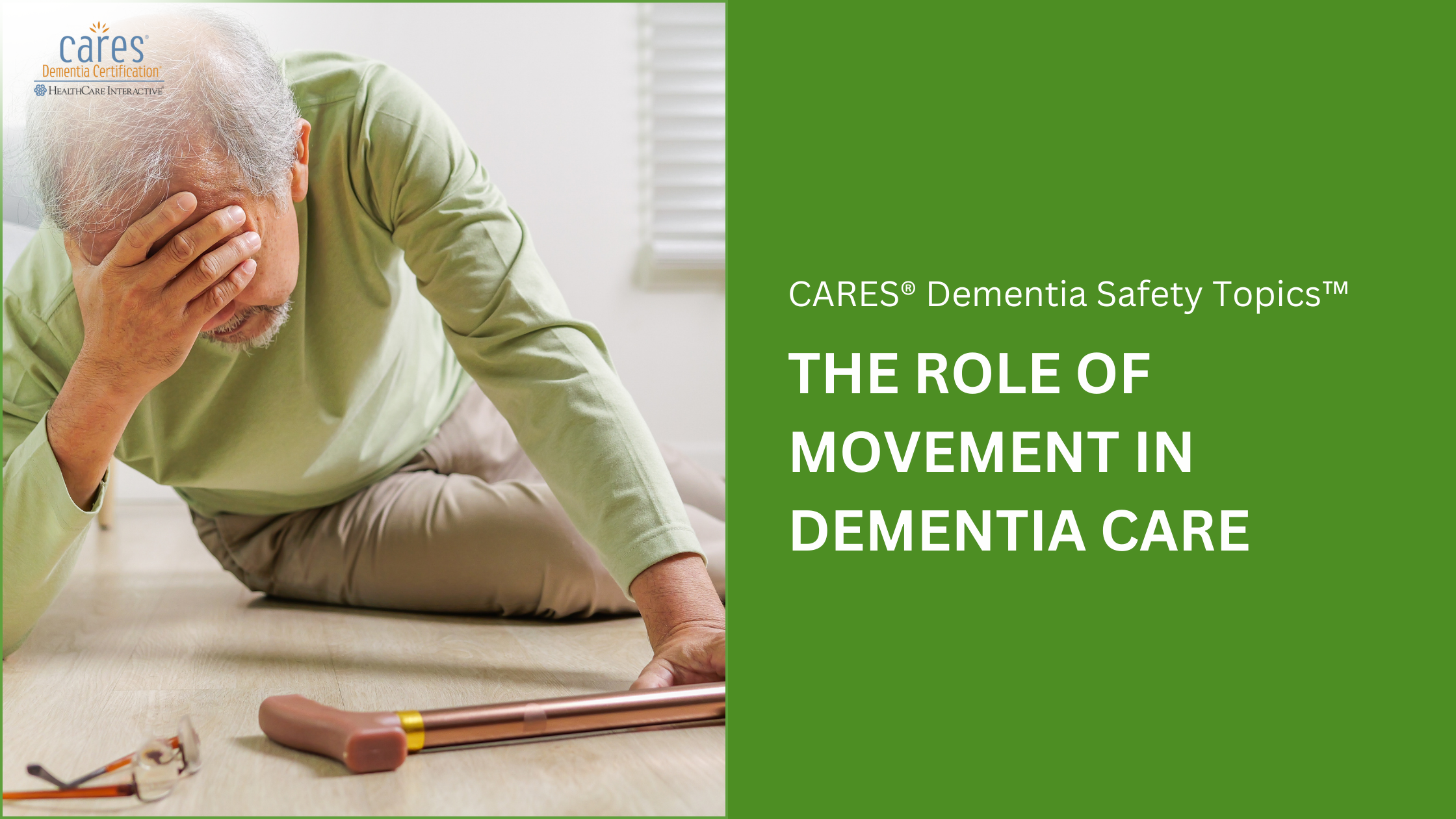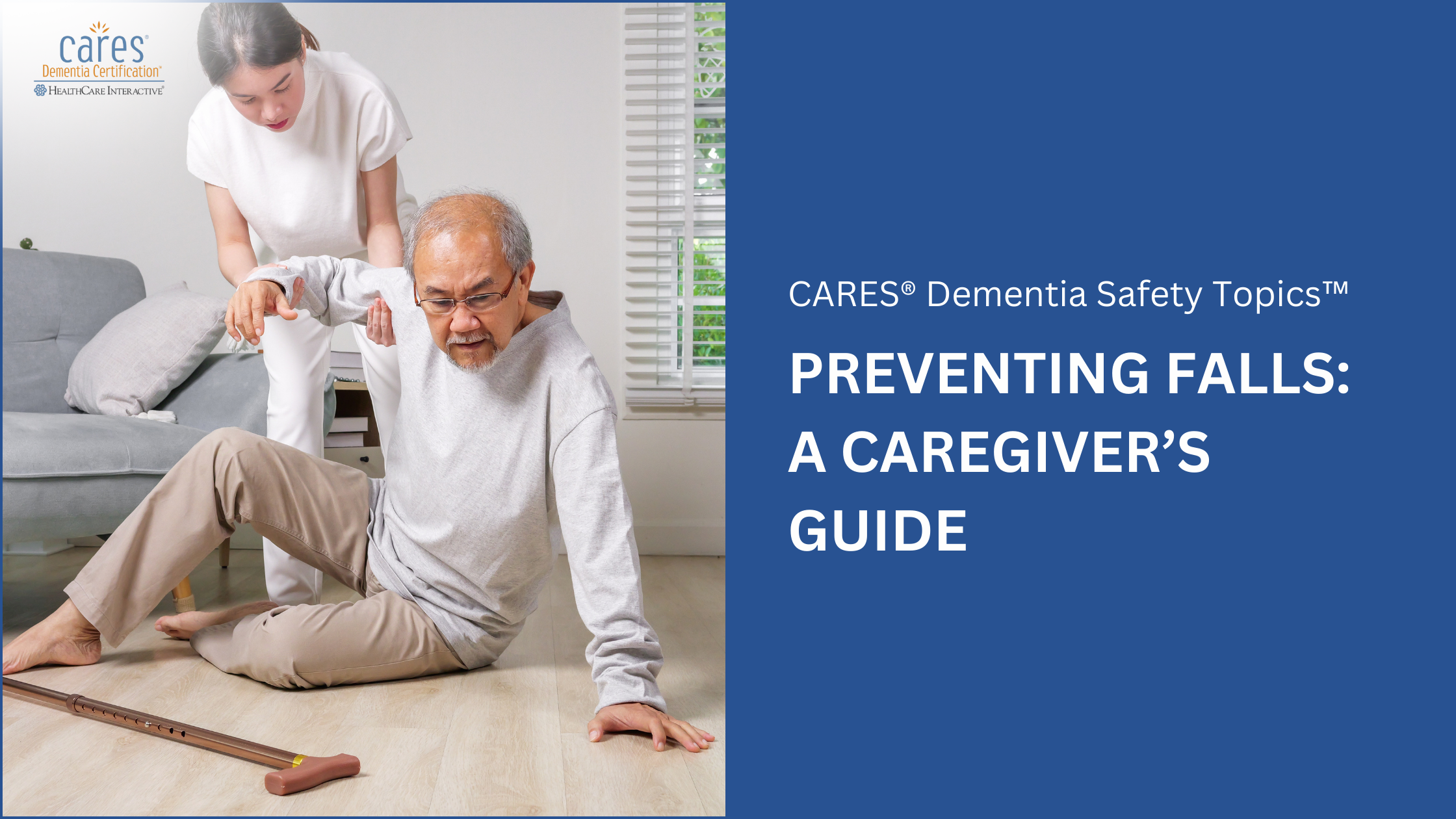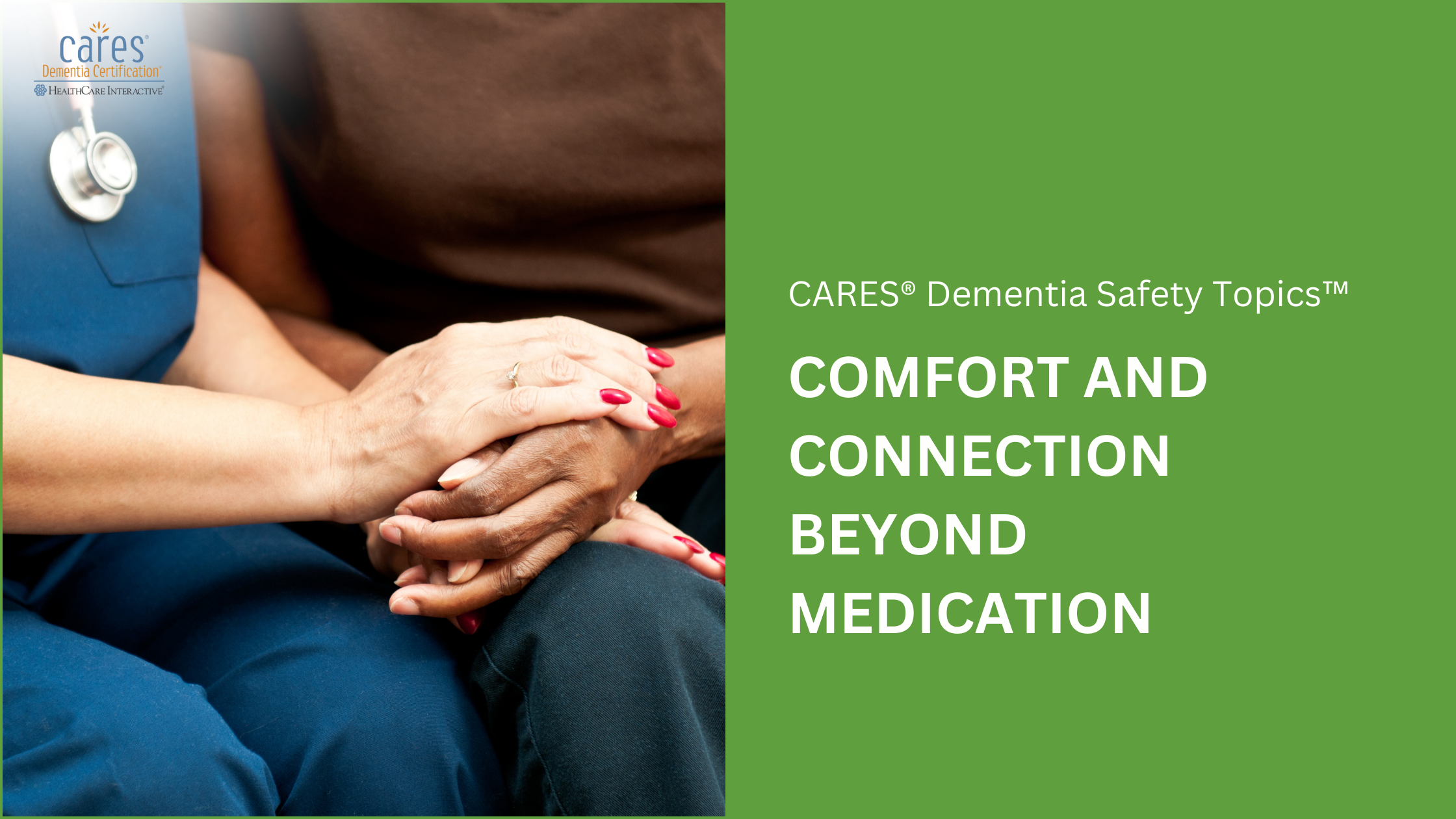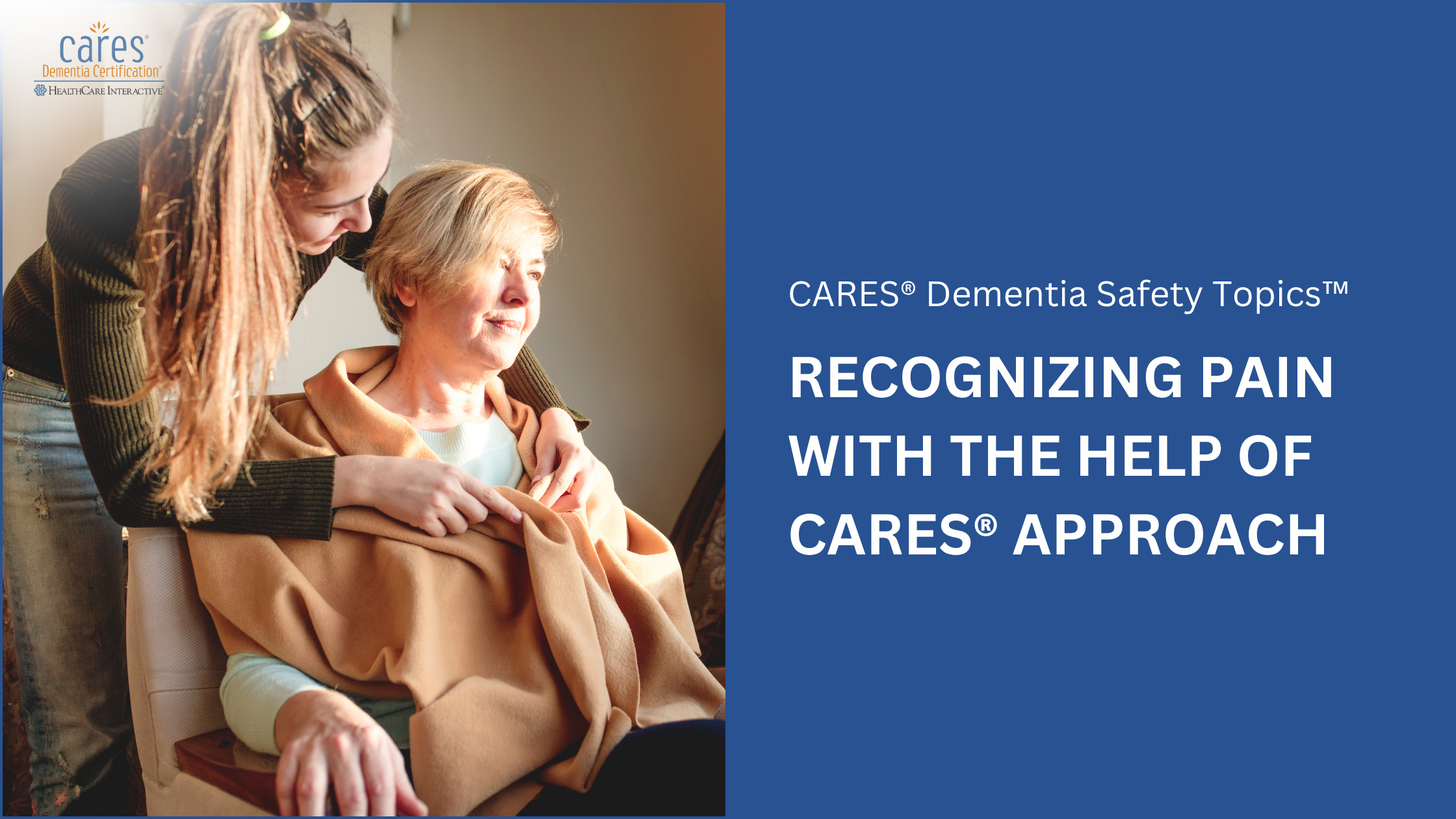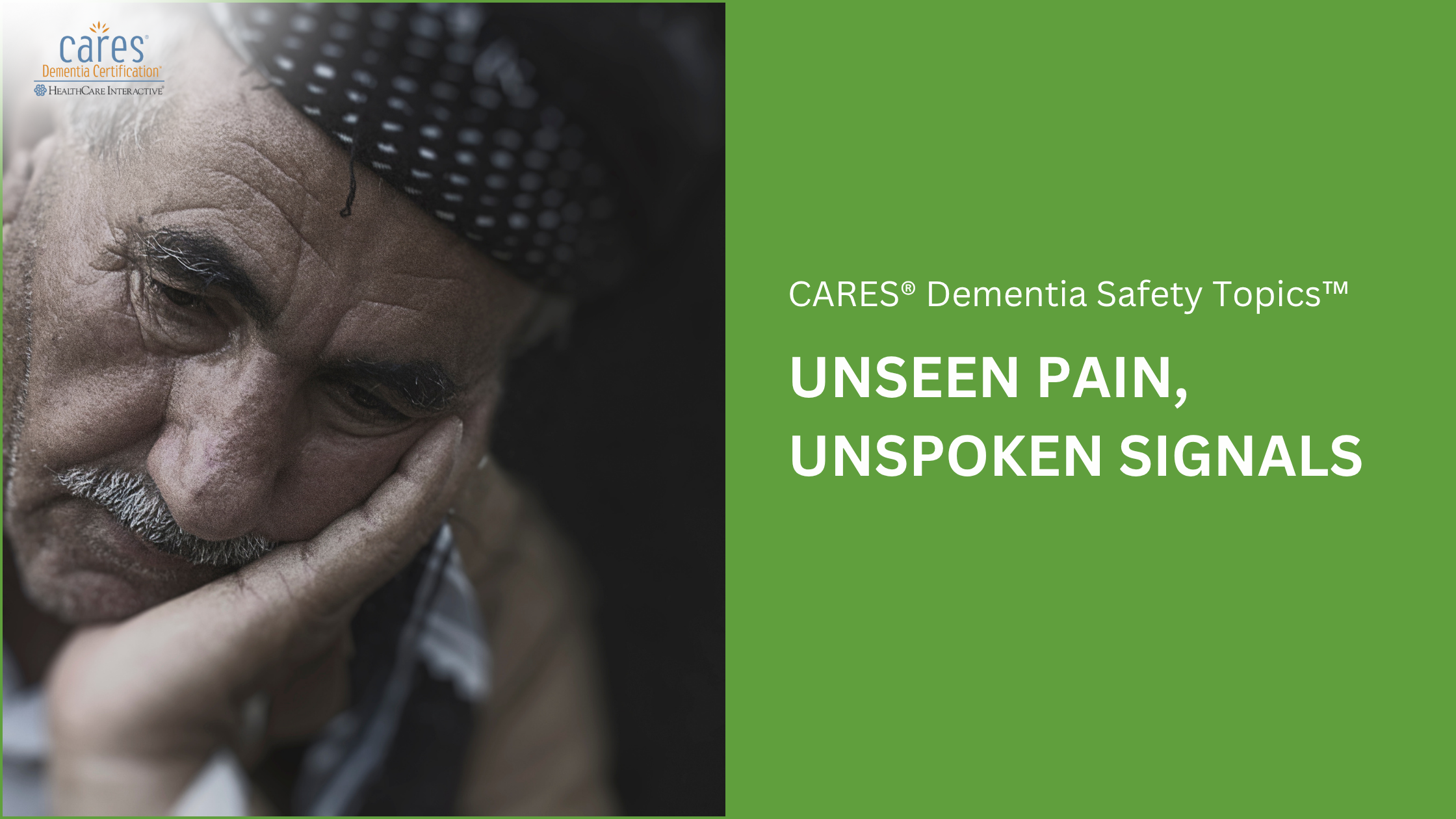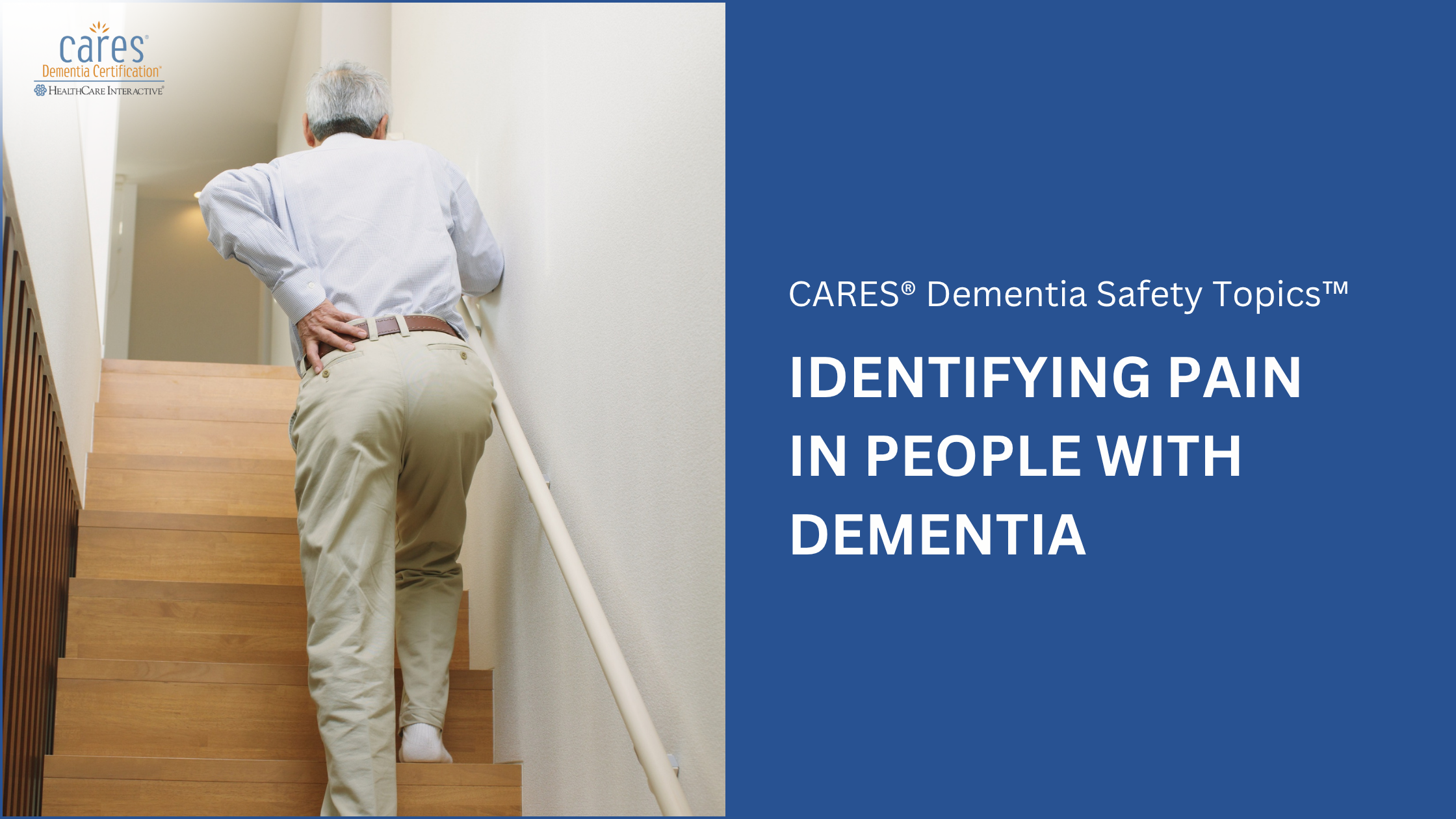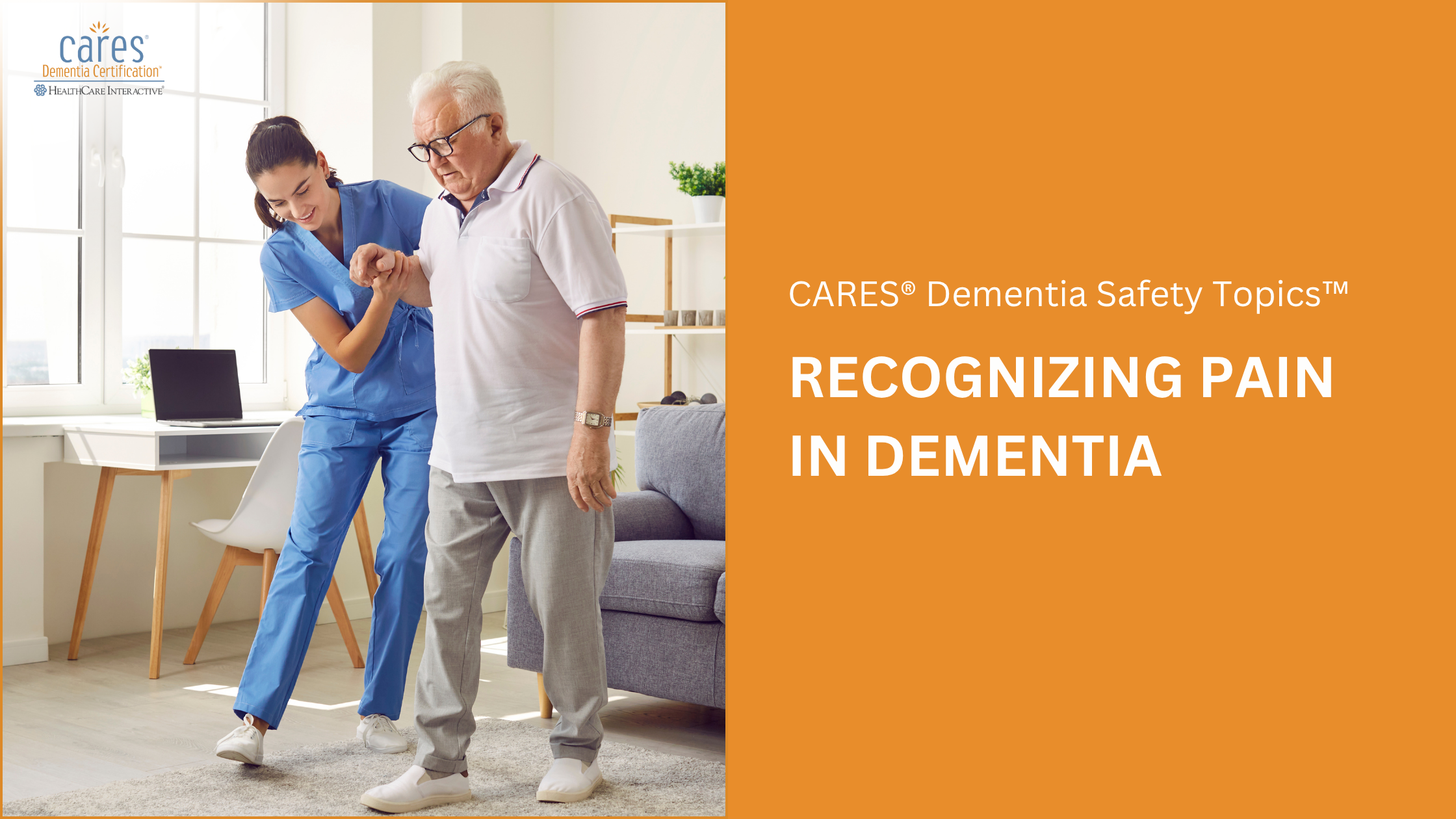Falls are one of the leading causes of injury in older adults—and they’re not just “accidents.” As we age, our bodies go through changes that, while natural, can increase the risk of falling. Understanding these changes is the first step towards effective fall prevention and protecting your independence.
Common Age-Related Factors That Increase Fall Risk
1. Vision Changes Affect Balance
With age, our eyes adapt more slowly when moving between bright and dim lighting. This can make it harder to see clearly during nighttime bathroom trips or when entering darker rooms. Increased glare sensitivity, a reduced field of vision, and changes in depth perception may cause us to misjudge distances—like mistaking a floor pattern for an obstacle and tripping over it.
2. Joint Pain and Arthritis Limit Mobility
Arthritis and other joint problems can change the way we walk, making movements less stable. Stiffness and pain often cause shorter steps or uneven gait, increasing the likelihood of stumbling.
3. Reflexes Slow Down Over Time
Reflexes are our body’s quick-response system—but they slow with age. A younger person might quickly recover from catching their toe on a step, but older adults often cannot react fast enough to prevent a fall.
4. Muscle Strength Declines
Loss of muscle mass, especially in the legs, affects balance and coordination. Weak muscles make it harder to correct a misstep or maintain stability on uneven surfaces.
5. Footwear Matters More Than You Think
Poorly fitting shoes, oversized slippers, or walking in socks can turn a stable surface into a slipping hazard. Choosing supportive, non-slip footwear is an easy way to reduce fall risk.
6. Home Hazards Can Be Dangerous
Wet floors, clutter, and uneven flooring are common causes of elderly falls. Even small spills or misplaced objects can cause serious accidents for someone with slower reflexes or balance issues.
While aging brings inevitable changes, falls don’t have to be part of the process. By making simple lifestyle adjustments and creating a safer environment, you can protect your mobility, confidence, and independence well into your later years.
Falls are a leading concern for older adults with dementia, but the right knowledge can make a world of difference. With patience, proactive care, and proven strategies, you can reduce risks and protect your loved one’s independence.
Conclusion
Build your expertise with the CARES® Approach and save 10% on any training or certification program using promo code BeautifulAugust. Offer ends Aug 31, 2025.


